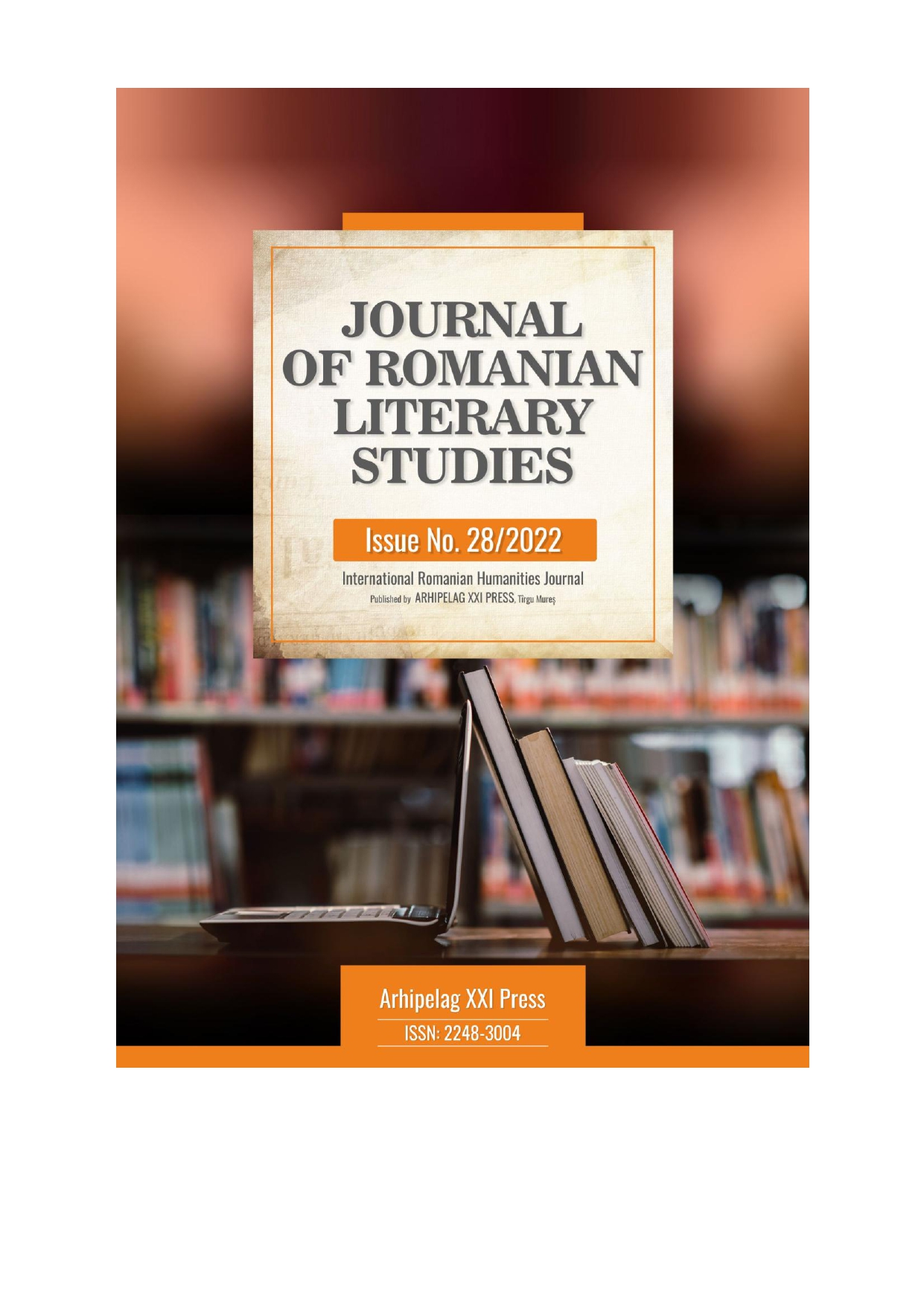THE LITERATURE OF THE CONFESSION: IDENTIFICATION AND DUALITY
THE LITERATURE OF THE CONFESSION: IDENTIFICATION AND DUALITY
Author(s): Mihaela Ioana Apostol (Fildan)Subject(s): Studies of Literature, Novel, Philology, Theory of Literature
Published by: Editura Arhipelag XXI
Keywords: childhood; communism; identity; self-knowledge; self-awareness;
Summary/Abstract: After 1989 we can speak clearly about a literature of confessions, synonymous with experience, confession, authenticity. In a first phase, the literature after the Revolution nurtures the acute feeling of revealing the horrors of communism, of exposing them, of condemning them. Literature seems to become a kind of duty, as if suffering from a sense of urgency in the face of deconstruction, from the unveiling of totalitarian realities. It can no longer be denied that a major theme of contemporary childhood literature lived under communism, remembrance, by identifying the author with the narrator, in the case of subjective prose or by duplication, by conceiving a character, alter ego of the writer, in the case of objective prose. However, the books on childhood published in recent years, after 2010, emphasize the impact of socialist formation and emphasize the formation of the child's self-awareness. At the heart of these novels-confessions is childhood itself, not communism, the child, not Comrade or Comrade. The child is presented in his environment, in the contact and relationships he has with the intimate environment, family, with his neighbor, schoolmates, friends from the block, with game and play, with reading and football, with music and film, juvenile delinquency and neighborhood beatings etc. They are novels of becoming, of assuming. Beyond the awareness that they lived under communism and adjacent manifestations (queuing, power and heat deprivation, official celebrations and events, reduced television programs, flour and oil on the card etc.), the child finds that the mother is the best good, that the father can disappear or appear at any time, that the grandparents are true refuges, that life/birth and death must accept, even if they are completely misunderstood, that friendships are confirmed or betrayed. We conclude that for the writers of this period, the idea of self-knowledge is more important than the illustration of the politics of the time. This is just the background, the decor, the substrate. Published in the same year, 2017, Mara Wagner's novel, Behind the Block, and Andrei Crăciun's prose, Aleea Zorilor, confirm that, beyond the collective identity obtained by assuming the environment of which it is part, there is a particular, individual identity that create your own path to becoming.
Journal: Journal of Romanian Literary Studies
- Issue Year: 2022
- Issue No: 28
- Page Range: 1007-1017
- Page Count: 11
- Language: Romanian

